According to Amnesty International, Hasan is at “high risk of being extradited to China where he will face a real risk of arbitrary detention and torture.” He is a victim of what Western governments and activists describe as a vast, global network of surveillance, intimidation and persecution by the Chinese government, one that stretches far beyond its own heavily repressive borders and onto the soil of friendly and hostile nations alike.
One of those countries is Turkey, which for years was seen as a safe haven for Uyghurs fleeing Chinese repression. It shares religious, cultural and linguistic ties with this Turkic ethnic group and hosts its largest diaspora community of 45,000. But according to a new report by Spain-based human rights group Safeguard Defenders and shared exclusively for this article before publication, in recent years Turkey has been “losing its reputation as a safe haven” for Uyghurs as it “closely aligns itself with Beijing economically and politically.”
Many experts say this shift is motivated by Turkey, currently mired in financial crises, courting a greater influx of Chinese cash.
“China’s transnational repression of Uyghurs overseas has created a pervasive climate of fear,” said the report by Safeguard Defenders, which is focused on the Uyghur situation and other alleged human rights abuses by China. “Those targeted are not just human rights activists and advocates but also ordinary Uyghurs, including students and members of the business community.”
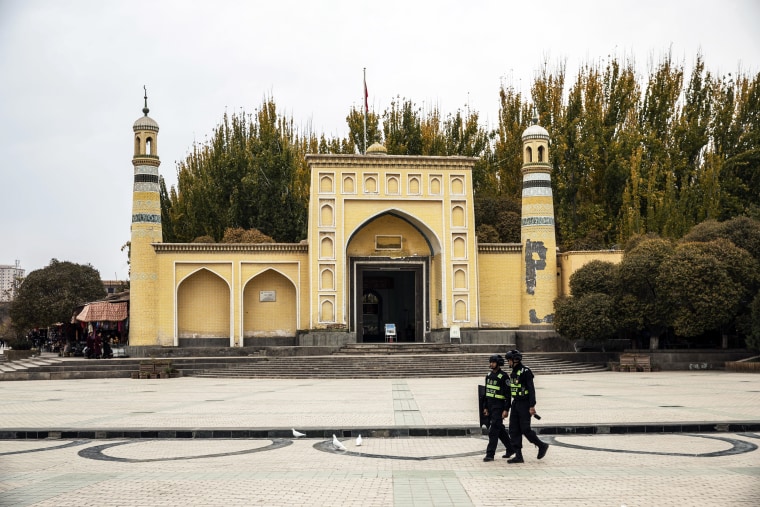
Like most Uyghurs, Hasan is originally from Xinjiang, a vast region in western China. According to an array of witness testimony and documentary evidence over the past decade, Chinese authorities are involved in an increasingly brutal crackdown against the Uyghurs in Xinjiang.
Confirmed data is scarce, but estimates by human rights watchdogs and other groups say China sent upward of 1 million people to internment camps, where many are cut off from family and physically and psychologically tortured. Separate investigations by Amnesty International and a tribunal of independent human rights lawyers have detailed evidence of detainees being raped and forcibly sterilized.
The U.S., like other Western governments, says this “campaign of repression against ethnic minorities” amounts to genocide. The United Nations Human Rights Office says China may be guilty of crimes against humanity.
China says it has closed the camps, although NBC News’ British partner, Sky News, found that many of the detainees were still incarcerated in regular prisons, some of which have been significantly expanded, and the region remained under a blanket surveillance and law enforcement regime.
China denies all of this, saying it sends Uyghurs to “vocational training camps” because of terrorist and separatist attacks since the 1990s. According to a 24-point rebuttal published by the Chinese state news agency Xinhua in 2021, “ethnic separatists, religious extremists, and violent terrorists” in Xinjiang “plotted and conducted several thousand violent terrorist acts” between 1990 and 1996.
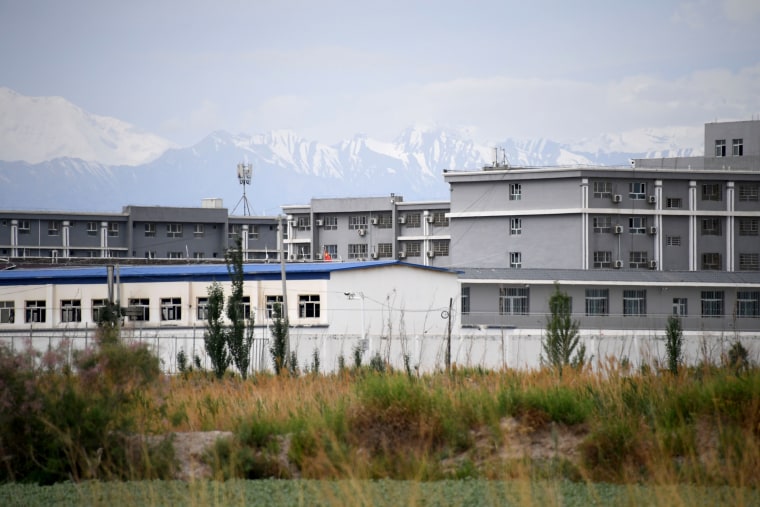
“Xinjiang-related issues are not about human rights, ethnicity or religion, but about fighting violence, terrorism and separatism,” Liu Pengyu, spokesperson for the Chinese Embassy in Washington, said in an email in response to questions about the treatment of the Uyghur community.
Asked about the Turkey-based Chinese diaspora, he dismissed them as “a few overseas people” who had “fabricated lies” that were “refuted by their relatives and friends.”
“Residents in Xinjiang live a peaceful and happy life,” he added. “We hope that the parties concerned can respect the facts and truths about Xinjiang, let go of their preconceived prejudices, stop groundless smears and view Xinjiang and China under the principles of truthfulness, objectivity and fairness.”
For Yalkun Uluyol, pursuing truth, objectivity and fairness leads him to a different conclusion.
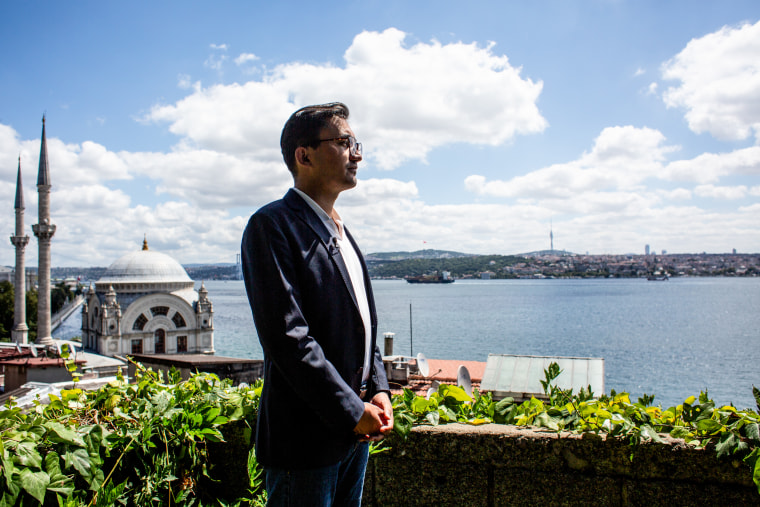
Originally from Xinjiang, the social sciences scholar says some 30 members of his family — including his father, whom he has not seen since 2018 — have at some point been detained by Chinese authorities. That led him to author the report published this week by Safeguard Defenders.
Uluyol surveyed 93 members of the diaspora in Turkey, 80% of whom said they have been unable to contact some family members back home since at least 2017. More than one-third said they had been harassed by Chinese police or state agents while in Turkey.
Uluyol found a common tactic is for Chinese authorities to threaten Uyghurs in Turkey by using their families back in Xinjiang. China’s aim, he said, is to stop them engaging in activism, recruit them to spread Chinese propaganda and to spy on other Uyghurs.
“In one of the stories that I was told, police talked to one Uyghur activist here in Istanbul and told him, ‘Your grandma says hi,’” Uluyol said.
“He didn’t provide what the police asked him to do” so they asked him “do you even care about your family?” Uluyol said.




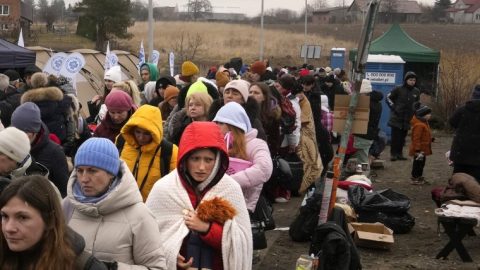
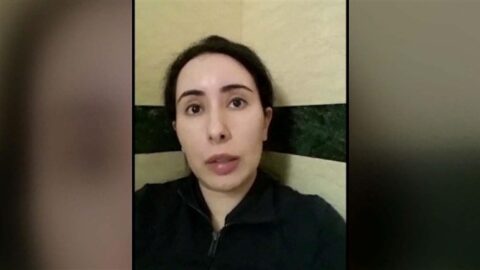



Recent Comments